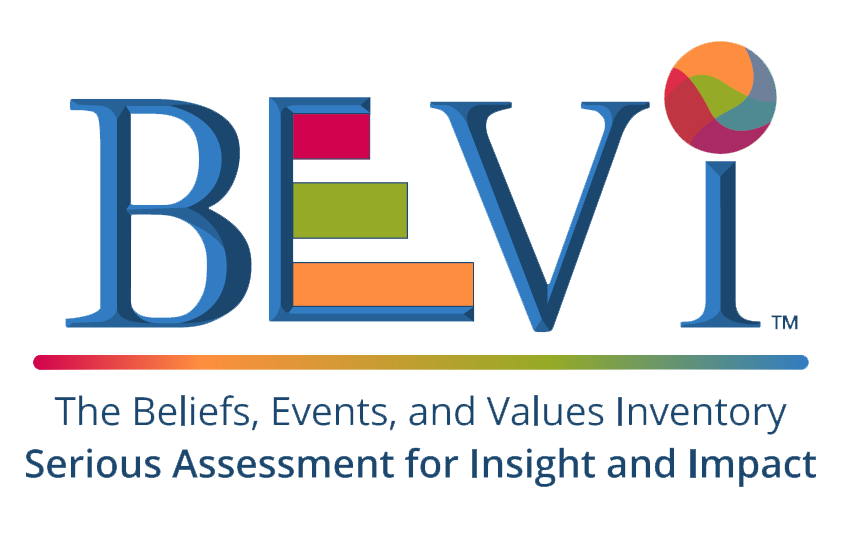For leaders to be sustainable and responsive they must see how their goals, values, and endeavors are connected with the goals, values, and endeavors of others. This process begins with self-awareness.
The BEVI can help leaders identify their own values and beliefs and their origins as well as the values and beliefs of their staff/employees. In both corporate and non-profit contexts, as well as within governmental organizations, working with a BEVI specialist to gain insights into strengths, skills, areas for improvement, and strategies for development can prove beneficial in all of the following contexts:
- Executive Coaching
- Professional Development
- Team Development
- Preparation for Relocation or Repatriation
- Human Resources
- Vision and Mission Alignment
The BEVI is a measure that enables us to capture a deeper understanding of human behavior, in favor of carving a road map to a more equitable world and fulfill our potential for greater good.

At times, institutions, organizations, groups, and systems want to develop training activities for specific ends. Using the BEVI report system with groups of all sizes, training interventions may occur across a wide range of contexts and with highly diverse populations. These targeted experiences encompass:
- traditional organizational and business settings
- military
- governmental agencies
- non-governmental organizations
- educational institutions
- forensics settings
- community groups
- boards
- other regulatory bodies
Training using the BEVI typically involves the identification and pursuit of specific goals that leadership and/or members in different systems may value and wish to cultivate in a targeted and time-limited manner. The BEVI team will work with you to develop custom training that meets your specific needs and objectives.
The BEVI helps us better understand how a set and values are tied to a set of needs, emotions, and life experiences. It also helps us know how deeply entrenched these beliefs are and under what circumstances will these beliefs change or are amenable to change.
